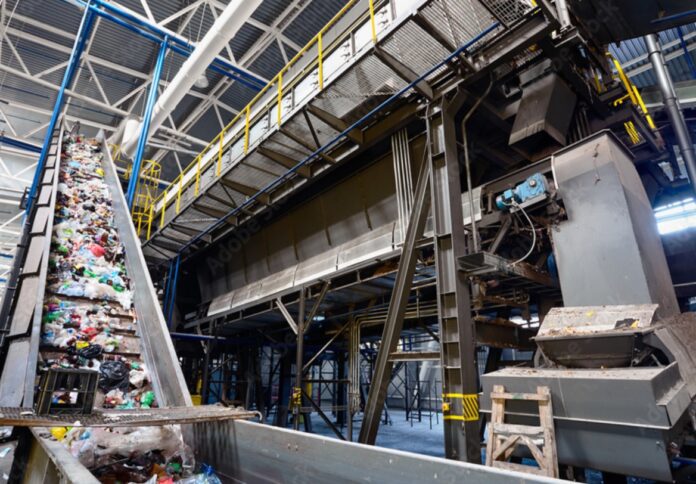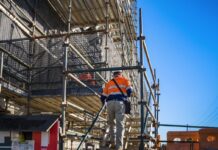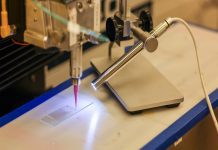
The Federal Government is launching a new $60 million fund under the Recycling Modernisation Fund (RMF) Plastics Technology to improve existing recycling infrastructure and discover innovative techniques for processing hard-to-recycle plastics.
Grants ranging from $1 million to $20 million are available to help fund new or improved recycling infrastructure projects focusing on hard-to-recycle plastics, including soft plastics like shopping bags, bread bags and cling wrap, and recirculate them back into the economy in a safe and sustainable way.
New infrastructure or enhancements to current machinery, equipment, technology, and procedures are examples of projects, the government said in a media release.
The program will also assist NSW in dramatically reducing its dependency on plastic and progressing towards the state’s goal of doubling recycling rates by 2030.
“NSW generates around 800,000 tonnes of plastic waste every year, but only 10% is currently recycled. This is significantly below recycling rates for all other types of waste,” explained NSW Minister for the Environment, Penny Sharpe.
Minister Sharpe added that with the investment, the state hopes to treble the amount of recycled plastic by 2030.
“By recycling plastic, we’re not only limiting impacts on the environment, but we can also transform waste materials into valuable assets,” she said.
According to Federal Minister for the Environment and Water Tanya Plibersek, Australians use about 3.8 million tonnes of plastic a year and dispose of about 2.7 million tonnes, which is about 50 times the weight of the Sydney Harbour Bridge being thrown out each year.
“We can do better. That’s why we’re investing $60 million to boost Australia’s recycling and recovery rates for hard-to-recycle plastics,” Minister Plibersek noted.
She added that the funding will go towards interesting technologies that could help solve problems with recycling plastic waste, such as soft plastics that end up in landfills.
For further information on the program and application process, you may visit the NSW Environment Protection Authority.




















